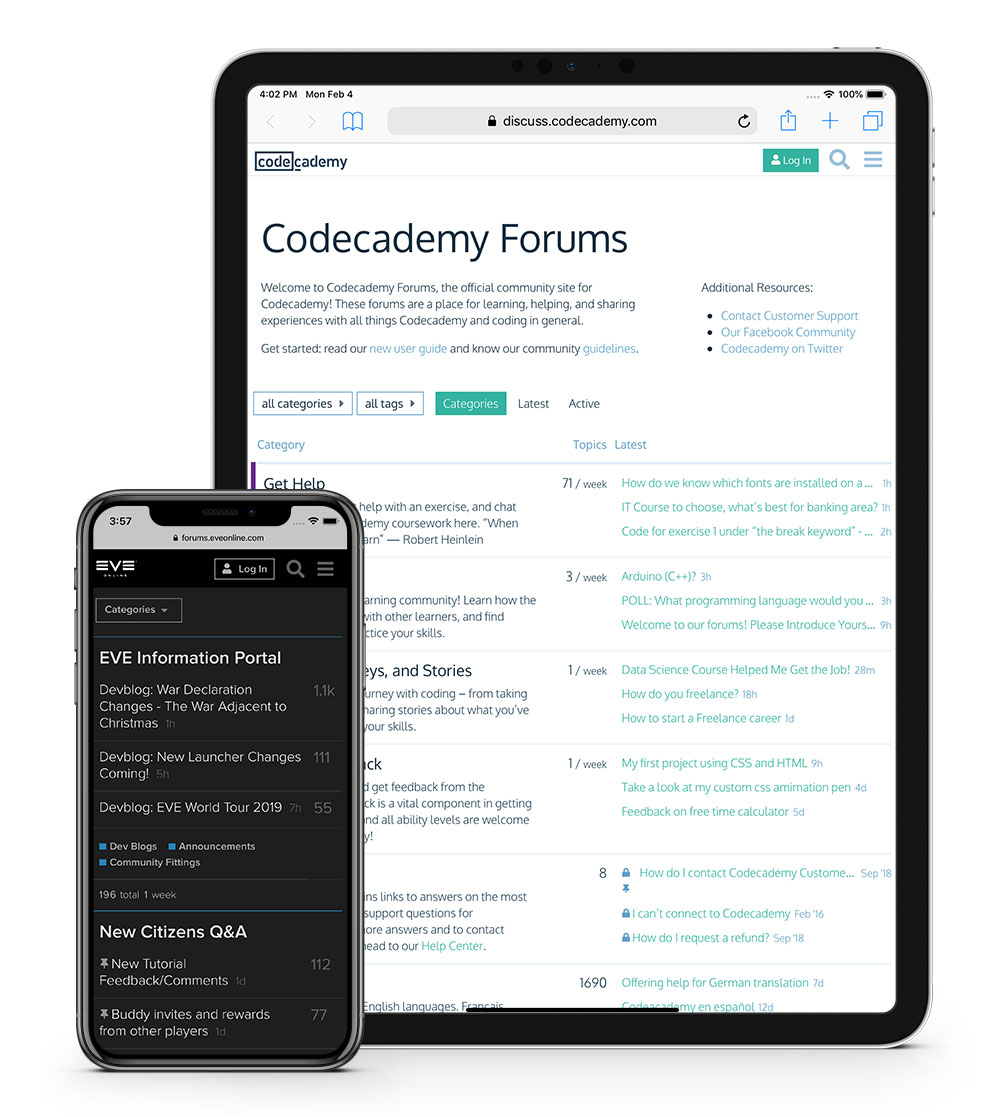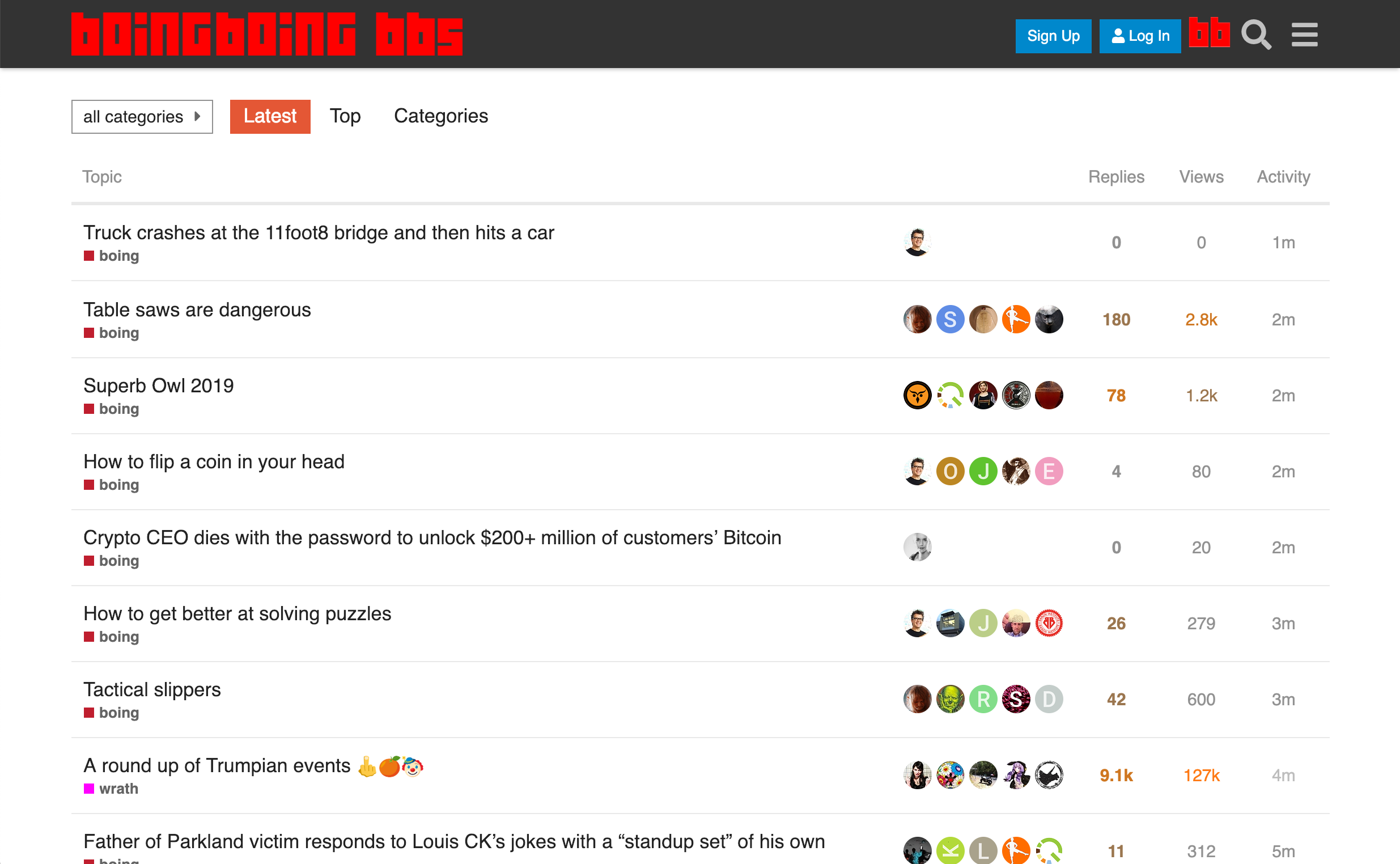## How does this work? Any time a lint rule is added or changed, you can run `yarn lint:fix` to handle all the auto-fixable situations. But not all lints are auto-fixable -- for those, lint-to-the-future has tooling to automatically ignore present violations. An alias has been added for lint-to-the-future to ignore new violations, `yarn lttf:ignore`. The command will add lint-ignore declarations throughout all the files with present violations, which should then be committed. An excerpt from lint-to-the-future's [README](https://github.com/mansona/lint-to-the-future#lint-to-the-future-dashboard): > The point of Lint to the Future is to allow you to progressively update your codebase using new lint rules without overwhelming you with the task. You can easily ignore lint rules using project-based ignores in your config files but that doesn't prevent you from making the same errors in new files. > We chose to do the ignores on a file basis as it is a perfect balance and it means that the tracking/graphing aspects of Lint to the Future provide you with achievable goals, especially in large codebases. ## How do I view progress? lint-to-the-future provides graphs of violations-over-time per lint rule in a dashboard format, so we can track how well we're doing at cleaning up the violations. To view the dashboard locally, run `yarn lint-progress` and visit `http://localhost:8084` (or whatever the port it chose, as it will choose a new port if 8084 is preoccupied) Also there is a `list` command which shows a JSON object of: ```ts { [date: string]: { // yyyy-mm-dd [pluginName: string]: { [fileName: string]: string[]; // list of files with violations } } } ``` ```bash yarn lint-to-the-future list --stdout ``` ## What about lint-todo? Lint todo is another system available for both eslint and ember-template-lint that _forces_ folks to "leave things better than they found them" by being transparent / line-specific ignoring of violations. It was decided that for _this_ project, it made more sense, and would be less disruptive to new contributors to have the ignore declarations explicitly defined in each file (whereas in lint-todo, they are hidden). To effectively use lint-todo, a whole team needs to agree to the workflow, and in open source, we want "just anyway" to be able to contribute, and throwing surprises at them can deter contributions. |
||
|---|---|---|
| .devcontainer | ||
| .github | ||
| .vscode-sample | ||
| app | ||
| bin | ||
| config | ||
| db | ||
| docs | ||
| documentation | ||
| images | ||
| lib | ||
| log | ||
| plugins | ||
| public | ||
| script | ||
| spec | ||
| test | ||
| vendor | ||
| .editorconfig | ||
| .eslintignore | ||
| .eslintrc | ||
| .git-blame-ignore-revs | ||
| .gitattributes | ||
| .gitignore | ||
| .jsdoc | ||
| .licensed.yml | ||
| .licensee.json | ||
| .npmrc | ||
| .prettierignore | ||
| .prettierrc | ||
| .rspec | ||
| .rspec_parallel | ||
| .rubocop.yml | ||
| .ruby-gemset.sample | ||
| .ruby-version.sample | ||
| .streerc | ||
| .template-lintrc.js | ||
| Brewfile | ||
| CONTRIBUTING.md | ||
| COPYRIGHT.md | ||
| Gemfile | ||
| Gemfile.lock | ||
| LICENSE.txt | ||
| README.md | ||
| Rakefile | ||
| config.ru | ||
| d | ||
| discourse.sublime-project | ||
| jsconfig.base.json | ||
| lefthook.yml | ||
| package.json | ||
| translator.yml | ||
| yarn.lock | ||
README.md

Discourse is the 100% open source discussion platform built for the next decade of the Internet. Use it as a:
- mailing list
- discussion forum
- long-form chat room
To learn more about the philosophy and goals of the project, visit discourse.org.
Screenshots

Browse lots more notable Discourse instances.
Development
To get your environment setup, follow the community setup guide for your operating system.
- If you're on macOS, try the macOS development guide.
- If you're on Ubuntu, try the Ubuntu development guide.
- If you're on Windows, try the Windows 10 development guide.
If you're familiar with how Rails works and are comfortable setting up your own environment, you can also try out the Discourse Advanced Developer Guide, which is aimed primarily at Ubuntu and macOS environments.
Before you get started, ensure you have the following minimum versions: Ruby 3.2+, PostgreSQL 13, Redis 7. If you're having trouble, please see our TROUBLESHOOTING GUIDE first!
Setting up Discourse
If you want to set up a Discourse forum for production use, see our Discourse Install Guide.
If you're looking for business class hosting, see discourse.org/buy.
Requirements
Discourse is built for the next 10 years of the Internet, so our requirements are high.
Discourse supports the latest, stable releases of all major browsers and platforms:
| Browsers | Tablets | Phones |
|---|---|---|
| Apple Safari | iPadOS | iOS |
| Google Chrome | Android | Android |
| Microsoft Edge | ||
| Mozilla Firefox |
Additionally, we aim to support Safari on iOS 15.7+.
Built With
- Ruby on Rails — Our back end API is a Rails app. It responds to requests RESTfully in JSON.
- Ember.js — Our front end is an Ember.js app that communicates with the Rails API.
- PostgreSQL — Our main data store is in Postgres.
- Redis — We use Redis as a cache and for transient data.
- BrowserStack — We use BrowserStack to test on real devices and browsers.
Plus lots of Ruby Gems, a complete list of which is at /main/Gemfile.
Contributing
Discourse is 100% free and open source. We encourage and support an active, healthy community that accepts contributions from the public – including you!
Before contributing to Discourse:
- Please read the complete mission statements on discourse.org. Yes we actually believe this stuff; you should too.
- Read and sign the Electronic Discourse Forums Contribution License Agreement.
- Dig into CONTRIBUTING.MD, which covers submitting bugs, requesting new features, preparing your code for a pull request, etc.
- Always strive to collaborate with mutual respect.
- Not sure what to work on? We've got some ideas.
We look forward to seeing your pull requests!
Security
We take security very seriously at Discourse; all our code is 100% open source and peer reviewed. Please read our security guide for an overview of security measures in Discourse, or if you wish to report a security issue.
The Discourse Team
The original Discourse code contributors can be found in AUTHORS.MD. For a complete list of the many individuals that contributed to the design and implementation of Discourse, please refer to the official Discourse blog and GitHub's list of contributors.
Copyright / License
Copyright 2014 - 2023 Civilized Discourse Construction Kit, Inc.
Licensed under the GNU General Public License Version 2.0 (or later); you may not use this work except in compliance with the License. You may obtain a copy of the License in the LICENSE file, or at:
https://www.gnu.org/licenses/old-licenses/gpl-2.0.txt
Unless required by applicable law or agreed to in writing, software distributed under the License is distributed on an "AS IS" BASIS, WITHOUT WARRANTIES OR CONDITIONS OF ANY KIND, either express or implied. See the License for the specific language governing permissions and limitations under the License.
Discourse logo and “Discourse Forum” ®, Civilized Discourse Construction Kit, Inc.
Accessibility
To guide our ongoing effort to build accessible software we follow the W3C’s Web Content Accessibility Guidelines (WCAG). If you'd like to report an accessibility issue that makes it difficult for you to use Discourse, email accessibility@discourse.org. For more information visit discourse.org/accessibility.
Dedication
Discourse is built with love, Internet style.

